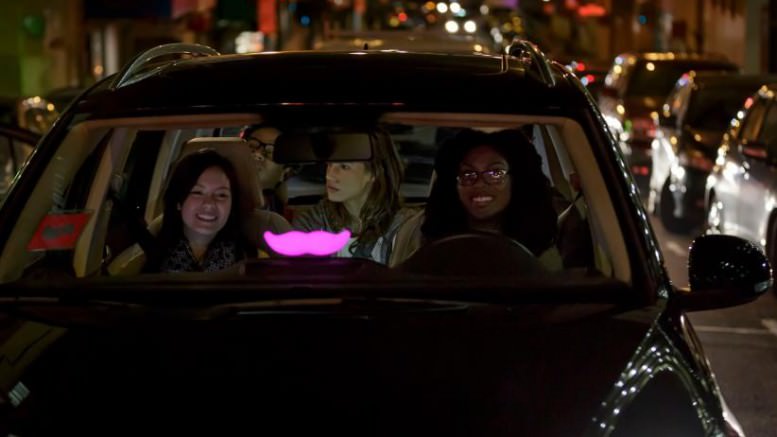Ride-hailing service Lyft has agreed to settle a proposed class action lawsuit in California by giving drivers additional workplace protections but without classifying them as employees, removing a major threat to its business model.
The settlement agreement, filed late on Tuesday in San Francisco federal court, provides for Lyft to pay $12.25 million, as well as give drivers notice if they are to be deactivated from the platform and other benefits.
Lyft and larger rival Uber face separate lawsuits brought on behalf of drivers who contend they are employees and entitled to reimbursement for expenses including gas and vehicle maintenance. The drivers currently pay those costs themselves.
The cases have been closely followed because a determination that the workers are employees instead of contractors could affect the valuations for other startups that rely on large networks of individuals to provide rides, clean houses and other services.
While the deal will involve some costs for Lyft, classifying drivers as employees would have been much more expensive and complicated, said Jan Dawson, chief analyst of Jackdaw Research.
“It looks like Lyft got off fairly lightly here,” Dawson said.
Shannon Liss-Riordan, an attorney for the drivers, acknowledged that the settlement does not achieve a reclassification of drivers as employees, but said the benefits are still significant.
Unlike a separate lawsuit against Uber, which has been certified as a class action, Liss-Riordan said Lyft’s arbitration agreement with its drivers would have made it difficult for Lyft drivers to similarly sue as a group.
Additionally, Liss-Riordan said her firm receives many more complaints from Uber drivers about issues with their pay, and about being deactivated from the platform.
“We have not been hearing so many concerns from Lyft drivers, which leads us to believe that Lyft is treating its drivers with more respect than Uber is treating its drivers,” Liss-Riordan said.
Uber representatives could not immediately be reached for comment. Uber is scheduled for a June trial in San Francisco on whether its drivers are employees or contractors.
As part of the settlement, Lyft has agreed that it can only deactivate drivers for specific reasons, like low passenger ratings. Drivers will be given an opportunity to address those issues before they are deactivated, according to the court filing.
Lyft also agreed to pay the arbitration expenses for any driver who wants to challenge their deactivation or disputes over compensation.
Lyft general counsel Kristin Sverchek said the company is pleased to resolve the lawsuit on terms that “preserve the flexibility of drivers to control when, where, and for how long they drive on the platform”.
U.S. District Judge Vince Chhabria would have to approve the deal. A hearing on preliminary approval is currently scheduled for February 18 in San Francisco.
(Reporting by Dan Levine; Editing by Kenneth Maxwell and Miral Fahmy)
Latest News and Headlines from Reuters
Source: www.entrepreneur.com




